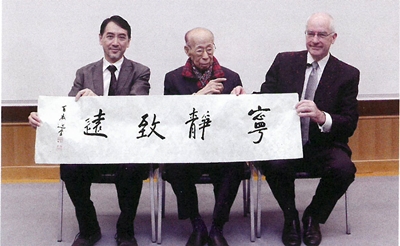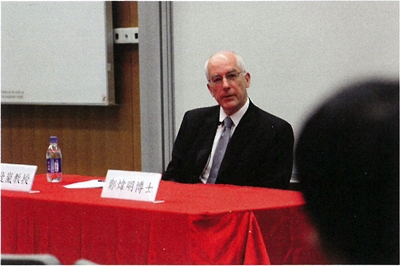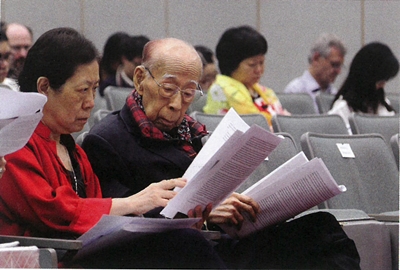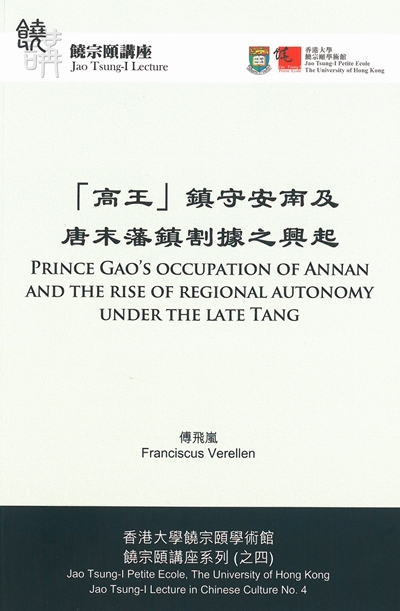Jao Tsung-i Lecture in Chinese Culture No. 4
Jao Tsung-i Petite Ecole, The University of Hong Kong
Jao Tsung-i Lecture in Chinese Culture No. 4
Prince Gao’s Occupation of Annan and the Rise of Regional Autonomy under the Late Tang
Franciscus Verellen
Chair professor in the History of Daoism at the Ecole Francaise d’Extreme-Orient (EFEO)



Abstract
Gao Pian高駢 (822-887), the architect of the medieval citadel of Hanoi and of large-scale defensive and communication works in several frontier regions of China, is a towering figure in the military, political, and intellectual history of the period. A charismatic governor and commander, inclined to the occult arts of strategy, he was a man of wide learning and curiosity, with a strong attraction to Daoism, as well as a gifted poet. In turn criticized and admired, for his pivotal roles in hastening both the end of the Tang and the emergence of Vietnam, Gao Pian became the object of local cults in his own lifetime. The presence of prominent literati on his staff contributed to his popular acclaim. At the end of his career, Gao laid the foundations of an independent kingdom in Huainan under the Five Dynasties culmination of regional autonomy in post-An Lushan China.

